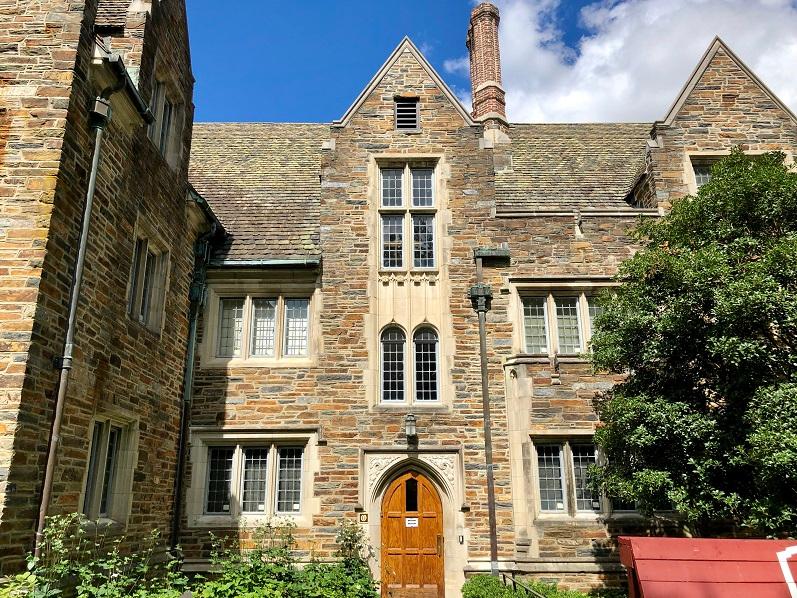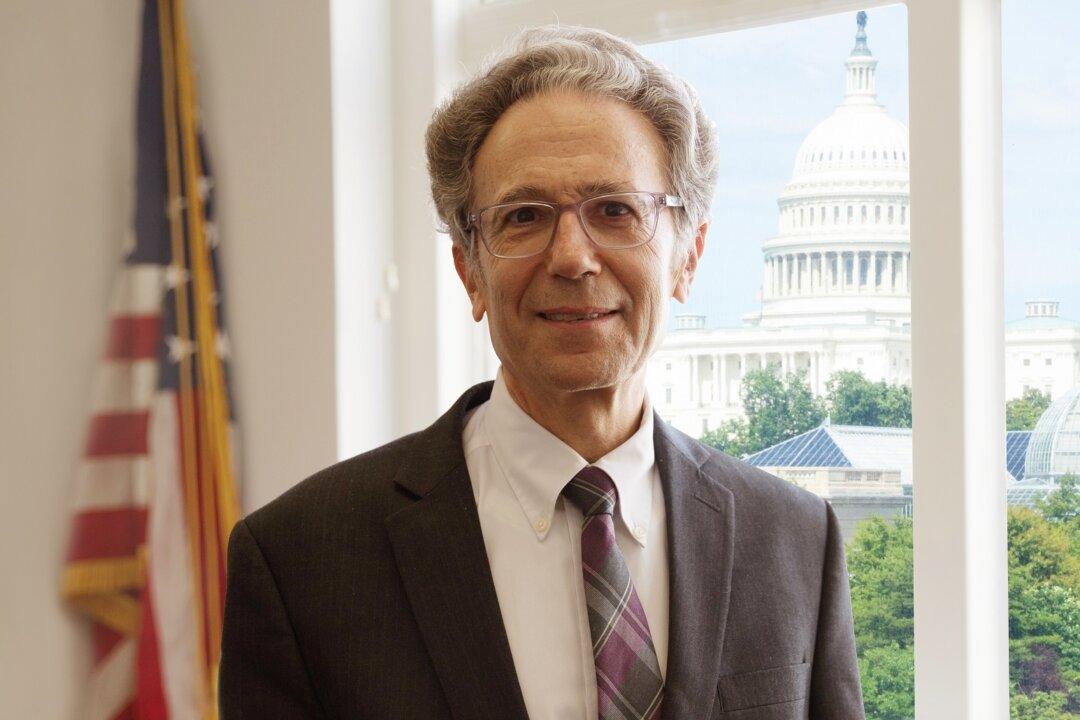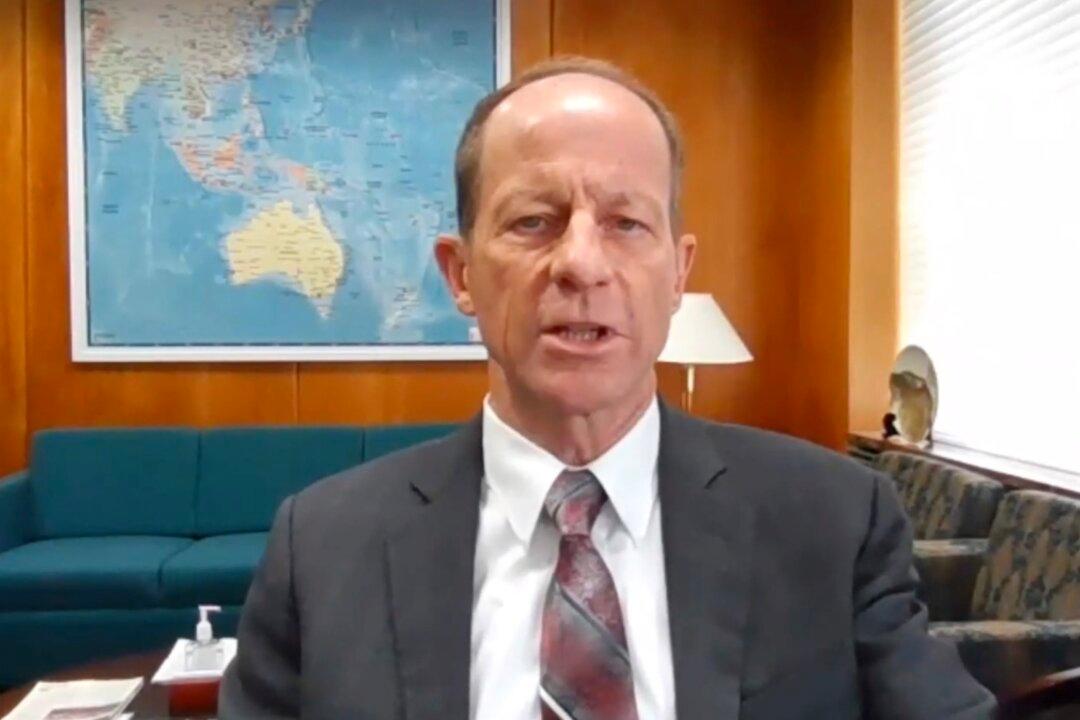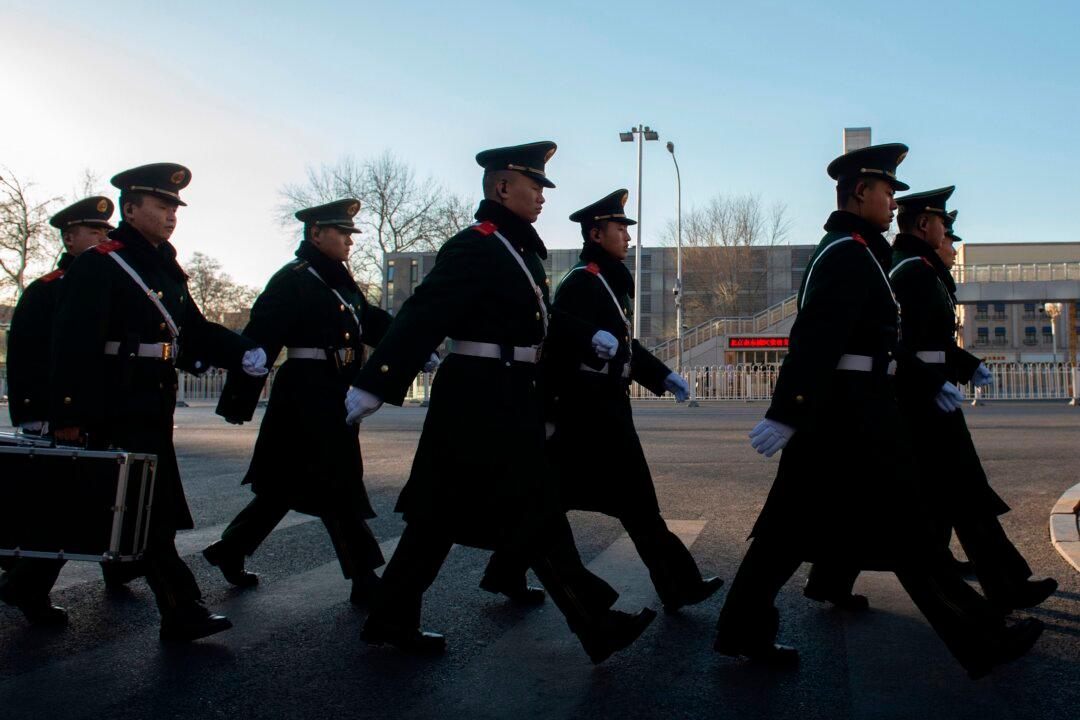The U.S. Senate has honored the Chinese doctor who raised the alarm on the outbreak of the coronavirus late last year in the central Chinese city of Wuhan.
By unanimous consent, the Senate on March 3 passed Sen. Tom Cotton’s (R-Ark.) resolution to commemorate the life of Dr. Li Wenliang, an ophthalmologist who warned his former medical school classmates that the hospital where he worked had quarantined seven patients with a disease similar to SARS, the deadly respiratory disease that ravaged China in 2003.




